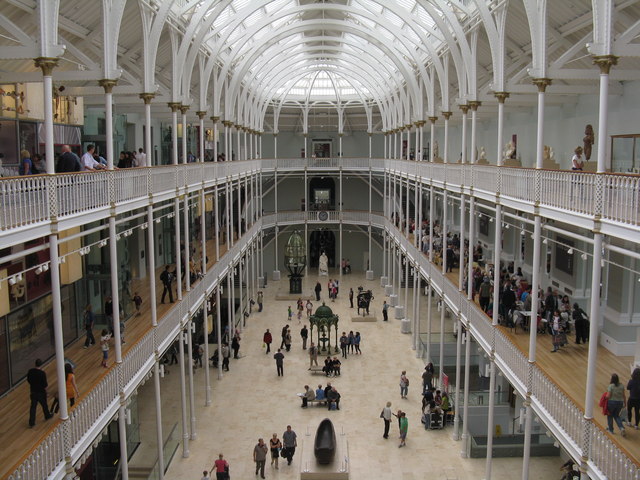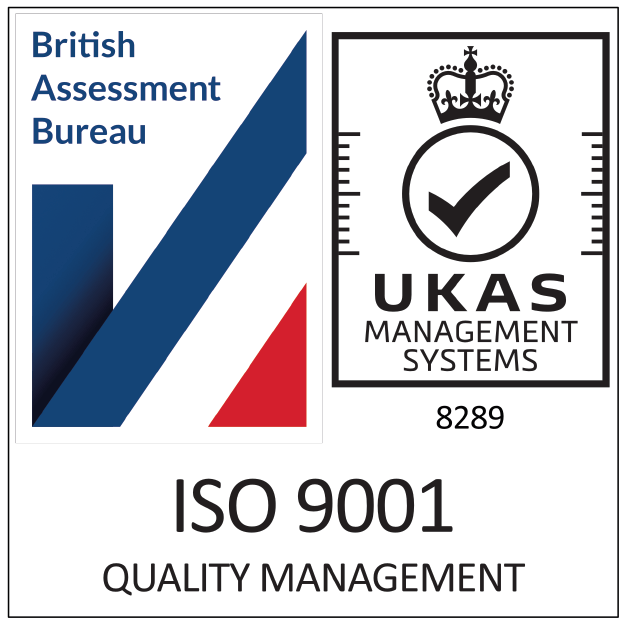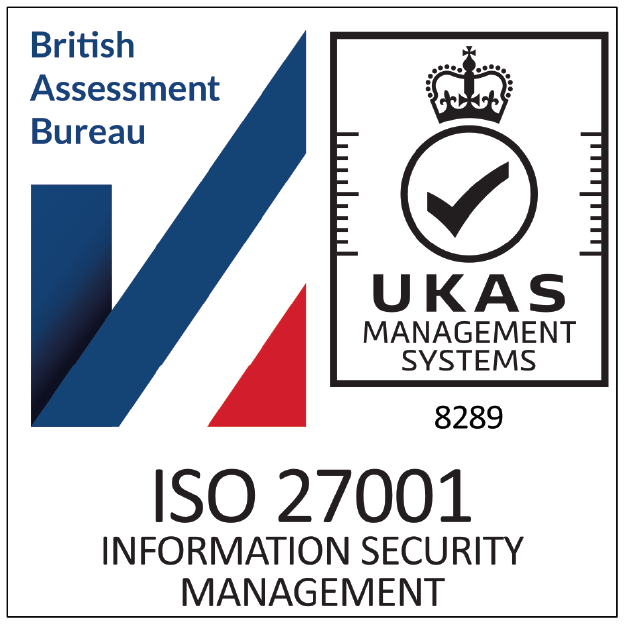By Sarah Gillett (Senior Product Specialist) and Claire Robinson (Head of Sales and Marketing)
In the digital age, museums and galleries are faced with the challenge of managing vast amounts of information. From cataloguing artefacts to curating exhibitions, the need for efficient information management has never been more pressing. One solution gaining traction is the centralisation of information—a strategic approach that offers numerous benefits to cultural institutions. Let's delve into why centralising information is crucial for the success and sustainability of museums and galleries with the help of our Senior Product Specialist Sarah Gillett.
This is me! I'm standing outside the 81st Street entrance to the Metropolitan Museum of Art in New York City.
Why, you might ask, do I have picture of myself outside the entrance to the education wing and not in front of the Museum's beautiful and iconic 5th Avenue façade?
At the time that this photo was taken, we were working on a project with the Met, and one of the departments we were hearing about on a regular basis was the intrepid team who run the Museum's group tours, providing access for dozens and dozens of students daily – via this very door!
When Adam Pepper and I visited New York City for a work-related conference, it was thrilling to have the opportunity to visit the Met in person – to meet the teams we'd heard so much about – and to stumble across this very low-key entrance that most museum-goers might not notice – but which we had learned is such an integral part of the museum experience for so many of their young visitors. This kind of "backstage" insight is one of my favourite aspects of my job.
Though my background is in performing arts, I've found over the years that museums make particularly interesting clients in terms of event and venue management software, as they tend to be structured differently from performing arts organisations. While museums may present performances as part of their ongoing programming, they also often feature events that have performative elements such as lectures, workshops and screenings – not to mention school visits, group and self-guided tours, and of course exhibitions and installations. Museum facilities are usually on the larger side, sometimes in multiple buildings, with offices, meeting rooms, archives, and storage of artefacts, supplies, and equipment making use of every available square inch of available space.
Museums often struggle with access to information when physical records are scattered across offices, buildings, and various digital sources. Internal departments manage information in silos, and duplicate data entry is common. High staff turnaround results in loss of institutional knowledge, leading to inconsistencies in data entry and poor management of data. Over the last few years, remote work has an impact on museum workers' ability to directly access information that's held on-site.
How can a system like ArtifaxEvent help?
Having a centralised, web-based event and venue management system makes information easily accessible to staff regardless of where they're working from. On the road visiting museum colleagues overseas and need look up the exact dates of next year's big summer exhibition? No problem! On your way home from work and can't remember what time the installation is starting tomorrow morning? We have you covered. Let’s cover just a few of the main benefits of centralising information for museums and galleries….
Streamlined Operations: Having all event management information in one centralised system reduces duplication of efforts and streamlines administrative tasks. Staff can easily access and update event details, reducing the chances of miscommunication or errors.
A centralised system allows museum teams across all departments to streamline the flow of information, ensuring accurate and current access to event information for those who require it – and placing appropriate permissions on it for those who have more limited access. This accessibility fosters collaboration among museum professionals, facilitating the smooth running of events.
Improved Coordination: Centralisation facilitates better coordination among different departments or teams involved in event planning. Everyone has access to the same information, making it easier to collaborate and ensure that all aspects of an event are well-coordinated. Features like scheduled reporting make the sharing of information on a consistent basis in a consistent format a breeze. Easily notify others if resource requirements change through the use of automations.
Data-Driven Decisions: The process of implementing a system like ArtifaxEvent helps establish consistency in terms of data entry and management, ensuring accuracy across the organization's historical record and allowing for more accurate reporting on an operational and archival level. We're all familiar with the buzz around "data-driven decision-making" – but it's true that a data-driven approach can be helpful in informing strategic decision-making.
A thoughtful implementation resulting in "good data in" means that ultimately, we can get "good data out". Museums and galleries can track attendance, room usage, revenue, and other metrics across all events, enabling them to make data-driven decisions to improve future events and overall strategies.
Cost Savings: By streamlining operations, improving coordination and improving efficiency, centralisation can lead to cost savings in terms of time, resources, and potential reduction of errors. Additionally, having better data insights can help organisations optimise their budgets and resource allocation for events.
Accessibility and Transparency: Centralising event information in a cloud-based platform can make it more accessible to relevant stakeholders, including staff, volunteers, sponsors, and attendees. This transparency fosters trust and accountability within the organisation and with external partners.
Heightened Security and Data Integrity: Centralised information systems like ArtifaxEvent offer robust security measures to safeguard sensitive data and intellectual property. Access controls, encryption, and regular backups ensure the integrity and confidentiality of data. Moreover, centralised platforms facilitate compliance with data protection regulations, mitigating the risks associated with data breaches and unauthorised access.
Overall, the benefits of centralising information for museums and galleries are manifold. A centralised database can support the effectiveness, accessibility, and sustainability of a museum's day-to-day operations, enabling them to spend less time on paperwork and more time on fulfilling their mission of preserving and sharing cultural heritage for present and future generations.
We are the system powering many arts and cultural organisations including museums and galleries across the globe, and we're an expert in centralising information! The Artifax Advantage is only getting stronger so...









